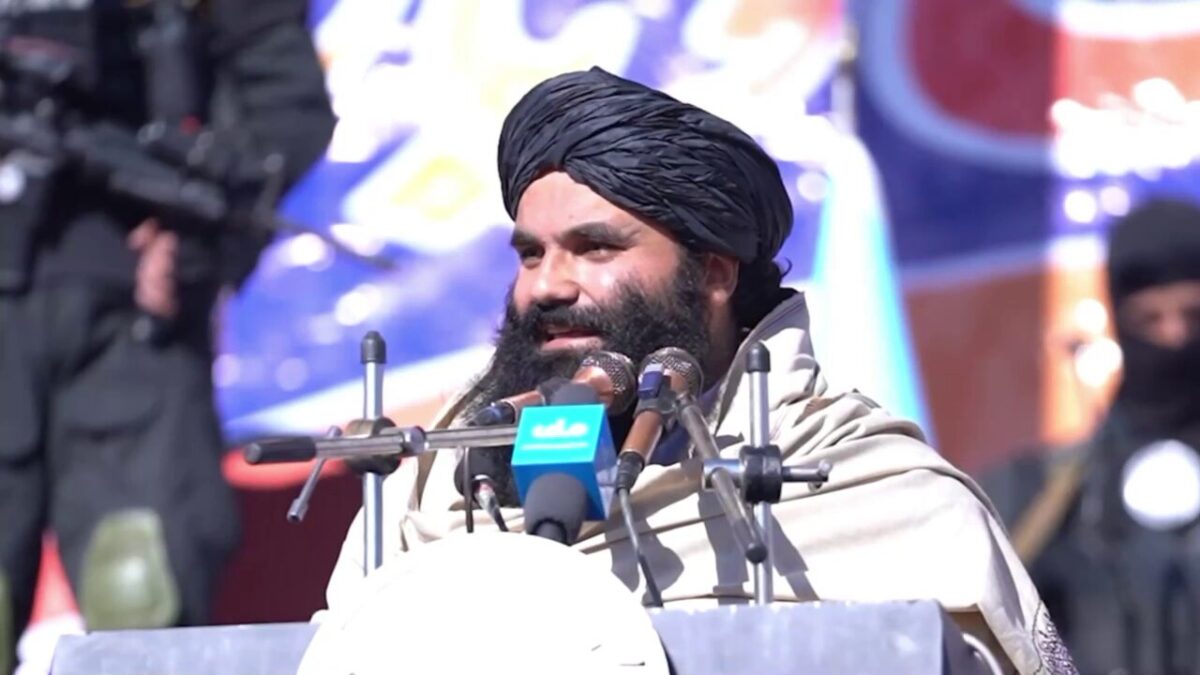KABUL, Afghanistan — Sirajuddin Haqqani, the Taliban’s interior minister, criticized what he described as the monopolization of religion during a graduation ceremony at a madrasa in Paghman district, Kabul province, in remarks that appeared to be a veiled critique of the Taliban’s supreme leader, Hibatullah Akhundzada.
“Religion should not be represented in a way that suggests it belongs solely to me, to the exclusion of others,” Haqqani said.
His comments come amid increasing reports of divisions within the Taliban’s leadership, particularly over Akhundzada’s hardline policies. Recently, Neda Mohammad Nadeem, the Taliban’s higher education minister and a close ally of Akhundzada, stated that anyone criticizing the Taliban is “an infidel and an apostate.”
In his speech, Haqqani appeared to push back against such rhetoric. “We should not declare that people are corrupt and that we must reform them or save them from apostasy because we are in power,” he said. “If people are leaning toward disbelief or corruption, it reflects the shortcomings of those in power.”
He acknowledged the sacrifices made by Afghans throughout decades of war and said that religious leaders must remain humble. “Our nation has faced harsh trials, and this religion has reached here through the sacrifices of the people,” Haqqani said. “We should not think that if people do not follow us, the sky will fall.”
Without naming specific individuals or groups, Haqqani expressed concern about the growing public disillusionment with religious figures. “The title of religious scholar should not be tarnished. Today, the problem is that scholars are so disparaged that people fear for their faith because of the actions of others.”
Haqqani urged religious scholars to focus on constructive reforms while being mindful of their words and actions. “Reforms must come through effort, and scholars should reflect on the current state of affairs without bringing disrepute upon themselves,” he said.
His remarks come as the Taliban face growing criticism for their increasingly restrictive policies, including a recent ban on women pursuing medical education, which has further curtailed opportunities for women and girls.




